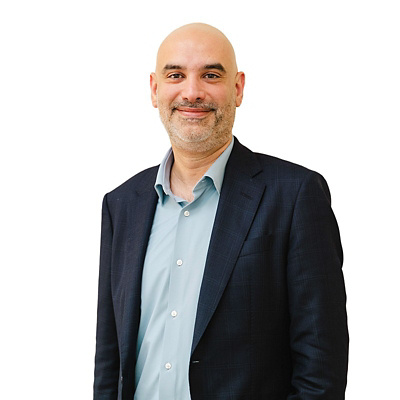Neuro-ophthalmology merges the disciplines of ophthalmology (eyes) and neurology (nervous system), focusing on the complex interaction between the eyes, brain and nerves.
Conditions:
Neuro-ophthalmologists carry out diagnosis and treatment of conditions affecting the nerve pathways that connect the eyes to the brain.
Some of these problems include:
- Unexplained vision loss
- Optic nerve problems (such as optic neuritis, optic neuropathy and optic atrophy)
- Double vision
- Involuntary eye movements (nystagmus)
- Unequal pupil size (such as Horner syndrome and Adie pupil)
- Eyelid abnormalities (ptosis)
- Eye and vision problems relating to brain damage (such as stroke, trauma, and multiple sclerosis)
- Idiopathic intracranial hypertension (IIH)
- Blepharospasm and other involuntary facial movements
- Ocular myasthenia gravis
- Thyroid eye disease
Causes
The eye is connected to the brain by the optic nerve, which carries signals from the light-sensing tissue (retina) at the back of the eye to the brain, interpreting them as visual images. There are many conditions that affect the brain, the eye or the pathway connecting the brain to the eye.
When to see a neuro-ophthalmologist?
You may wish to see a neuro-ophthalmologist if you have any of the following conditions:
- Unequal pupils: A change in the size of your pupils may indicate a serious problem, such as a brain aneurysm, that should be addressed immediately.
- Unexplained loss of vision: A loss or decrease in vision can occur for several reasons. The neuro-ophthalmologist can diagnose the issue and recommend treatment options depending on the cause of the problem.
- Seeing double or having trouble moving your eyes: Issues affecting eye movements, including cranial nerve palsies and myasthenia gravis, often lead to double vision. You should also visit a neuro-ophthalmologist if your eyes begin to shake (nystagmus), as this may affect vision and depth perception.
- Having pressure in your head: pressure building in your head can lead to the swelling of your optic nerves and, eventually, vision loss. Various conditions, including brain tumours and pseudotumor cerebri, can cause it. a neuro-ophthalmologist can diagnose the cause and treat it accordingly.
- Having tumours compressing visual pathways: Suppose you have been diagnosed with a pituitary tumour (or another type of tumour in your skull) pressing on your optic nerves. In that case, you should see a neuro-ophthalmologist to ensure that you don’t experience vision loss.
What to expect at your appointment?
During your clinic visit, you will likely have your eyes dilated, so ideally, you should ask someone to accompany you who can drive you home.
During your appointment, you will have a thorough eye exam and a medical history review. The neuro-ophthalmologist may:
- Test your vision and eye movement
- Check your colour vision and field vision
- Examine the back of your eyes
- Perform a neurological exam
- Review any scans that you brought in for your appointment
The exam may take an hour, and when it’s done, the neuro-ophthalmologist will go over your diagnosis and discuss treatment options. They may also order additional testing if necessary.
Meet the Dr. Mazen Sabah
Dr Mazen Sabah is a UK-trained consultant neurologist who specialises in neuro-ophthalmology.
In 2002, Dr Sabah obtained a medical degree from Damascus University in Syria. He then pursued his postgraduate medical education in the UK, where he underwent formal neurology training at Southampton University Hospital. Dr Sabah practised neurology in London and Southampton before relocating to the UAE. While in the UK, he developed a particular interest in neuro-ophthalmology and received dedicated training in this field at Moorfields Eye Hospital and St. Thomas' Hospital in London.
Expertise:
- Optic nerve disease (optic neuritis, ischemic optic neuropathy, hereditary optic neuropathies, optic nerve head drusen)
- Idiopathic intracranial Hypertension
- Ocular motility disorders and double vision
- Eyelid disorders
- Pupillary abnormalities
- Ocular myasthenia gravis
- Thyroid eye disease
- Botulinum toxin therapy for blepharospasm, hemifacial spasm and chronic migraine

